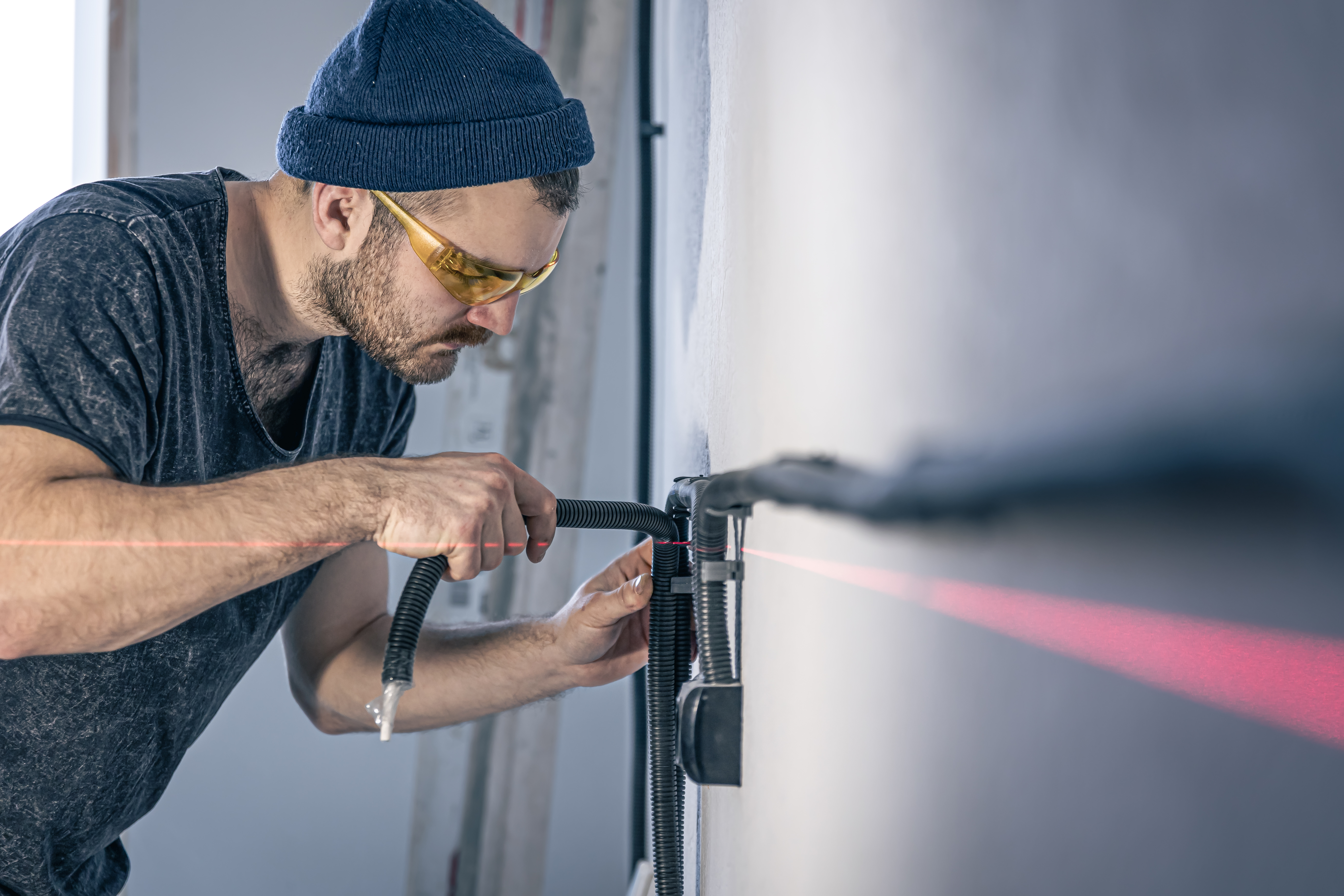Electrician In Leighton Buzzard: What's No One Is Talking About

How to Find an Electrician in Leighton Buzzard
If you require electrical work done at your home, it's crucial to employ a licensed electrician. This will ensure that you and your family are protected from the dangers posed by unqualified people.
Checking the NICEIC ID card of an electrician in Leighton Buzzard can be a quick way to determine whether they're qualified. This will demonstrate that they have passed a set of tests to demonstrate their expertise.
Experience
An electrician with some experience is the best option for getting a job done right the first time. A search engine on the internet allows you to verify the qualifications and experience of electricians you are considering. This will give you peace of knowing that your office or home is in good hands. It will also give you the confidence that you are not dealing with a fraudster who may try to steal your money. The most important thing to remember is that a reputable electrical contractor can carry out the task to be completed with the least amount of fuss and the maximum impact. The key is to ensure that you ask the right questions and get the answers you need.
NICEIC
If you are looking for an electrician in Leighton Buzzard who has the qualifications and expertise required to complete your electrical work, it's important to select one who is accredited by the National Inspection Council for Electrical Installation Contracting (NICEIC). NICEIC is a government-approved program that ensures electricians meet strict standards. This guarantees that the work will be completed safely and efficiently.
When choosing an Electrician in the Leighton Buzzard area, it's a good idea to check their NICEIC ID card and information on their website. To search for registered electricians you can also utilize the NICEIC Find Contractor tool online. You can also read the reviews of customers who have used the services NICEIC electricians.

The team at Steven McGiff Electrical Services are certified electricians in leighton buzzard , who can provide electrical rewires and new builds and extensions, fault locating and fuse board upgrades. They offer electrical installation services to commercial and domestic customers. They have a dedicated office staff who are able to provide support and guidance to their clients. They're also NICEIC certified and undergo regular assessments to ensure a high level of professional competence and knowledge. They are based in Leighton Buzzard, and they serve the surrounding areas. They also provide a free no obligation quote for your electrical requirements.
PAT Testing
PAT testing, or portable appliance testing, is a method of checking electrical appliances and equipment to ensure that they are in safe state. This helps avoid injuries and accidents while in use, thus cutting down the possibility of serious issues that arise from the equipment.
The law is different in different countries however there are general rules that businesses should follow. In the UK, these are set out in the Health and Safety at Work Act and the Electricity at Work Regulations. These laws are enforced by urging employers to conduct PAT testing guidance and promoting risk assessment.
Companies and organizations that use a lot of electrical appliances should consider scheduling regular PAT tests in order to ensure compliance with the legal requirement. It is not always required to test all equipment in a company, but it is best to keep track of what items should be tested again and when.
There are many kinds of testers that can be used to test electrical appliances, some are simple tests that businesses can to test in-house their own electrical appliances , while others have a greater range of features. They can also be programmed for specific tests such as the current test for a protected conductor or touch current test, although they are only suitable for those with a higher level of expertise.
Most appliances are equipped with two primary tests needed for basic testing for basic testing: earth continuity and resistance. The second involves testing of an appliance's insulation to determine if it is in good condition for reuse, and this can be carried out using a PAT tester or ohm gauge.
Another test is the earth continuity test which allows the transfer of a current from the mains plug of an electrical equipment to its exposed metal components in order to determine if there are problems with its connection to the earth pin of the mains plug. This is usually carried out by connecting the device to a mains cable that has been connected to the testing instrument.
